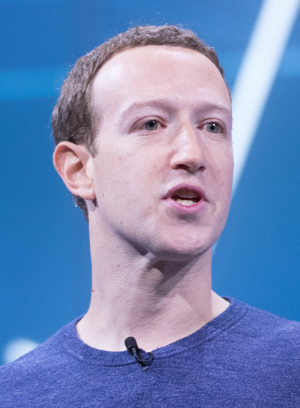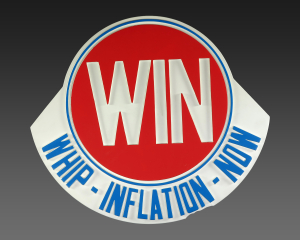I saw a tweet last week that got my blood boiling.
It was from a Washington Post columnist to the effect that people should have to pay for news. Paywalls are necessary for the news to exist.
They’re not.
Before the Web was spun, people did pay for newspapers. But the money only covered the cost of distributing the paper. A generation ago you could also buy a bundle of news daily. Today the Post requires a subscription, a monthly or annual fee. Not everyone can afford it. Even for wealthy people, news they don’t pay for doesn’t exist.
Paywalls can be useful. They allow targeting. A paper focused on the entertainment industry only wants people in that industry reading it. Any circulation outside that is wasted. A paywall maintains circulation quality, thus ad rates.
For a broad based news outlet, it’s the opposite. You write for your readers. If all your readers are upper middle-class, that’s who you write for. You may write about the poor but it’s always from the point of view of the wealthy.

This attitude is prevalent throughout today’s journalism business, and it’s destroying democracy. The New York Times, the Post, and The Wall Street Journal don’t see those who aren’t paying their bills, even as they become, in effect, a shared national news monopoly.
I saw the impact during the recent Atlanta mayoral elections. TV provided no depth. The local paper’s coverage was invisible to most voters. Candidates were left flailing for attention, knocking on doors, and standing on street corners. Issues were barely discussed. Turnout was low. Candidates with money, or connected to it, had an enormous advantage.
Our democracy is dying behind paywalls. It’s making our journalists arrogant. It’s keeping facts from the people. It’s increasing the impact of “services” like Facebook and YouTube which don’t pay for content, and thus accept no responsibility for the enormous medium they’ve created. They’re easily hacked by those tied to greed and bigotry.
My hope remains that Cloud Czars like Jeff Bezos, who owns the Post, will wake up and do more to maintain the free flow of good information. As it is, journalists aren’t serving the audience and government is going to the highest bidder.
If you don’t take responsibility for your medium someone else will, and they won’t have your interests at heart.












“Free” news sites (paid for by ads on the site) have become computer-crashers if you don’t own a PC powerful enough to handle all those ads running videos at the same time.
Ads in a printed newspaper can’t crash you or your PC, but ads on a website can.
So those “free” news sites are also limiting to those who have a new & powerful enough PC to handle them.
People doing work ought to be paid for their work, but how to collect the money? Paywalls suck and a barrage of streaming video ads suck.
“Free” news sites (paid for by ads on the site) have become computer-crashers if you don’t own a PC powerful enough to handle all those ads running videos at the same time.
Ads in a printed newspaper can’t crash you or your PC, but ads on a website can.
So those “free” news sites are also limiting to those who have a new & powerful enough PC to handle them.
People doing work ought to be paid for their work, but how to collect the money? Paywalls suck and a barrage of streaming video ads suck.
I have long advocated for daily or piece rates instead of subscription demands. I have been writing about the need for publishers to partner with businesses and earn commissions rather than just seeking advertising.
I’m sorry no one has listened.
I have long advocated for daily or piece rates instead of subscription demands. I have been writing about the need for publishers to partner with businesses and earn commissions rather than just seeking advertising.
I’m sorry no one has listened.